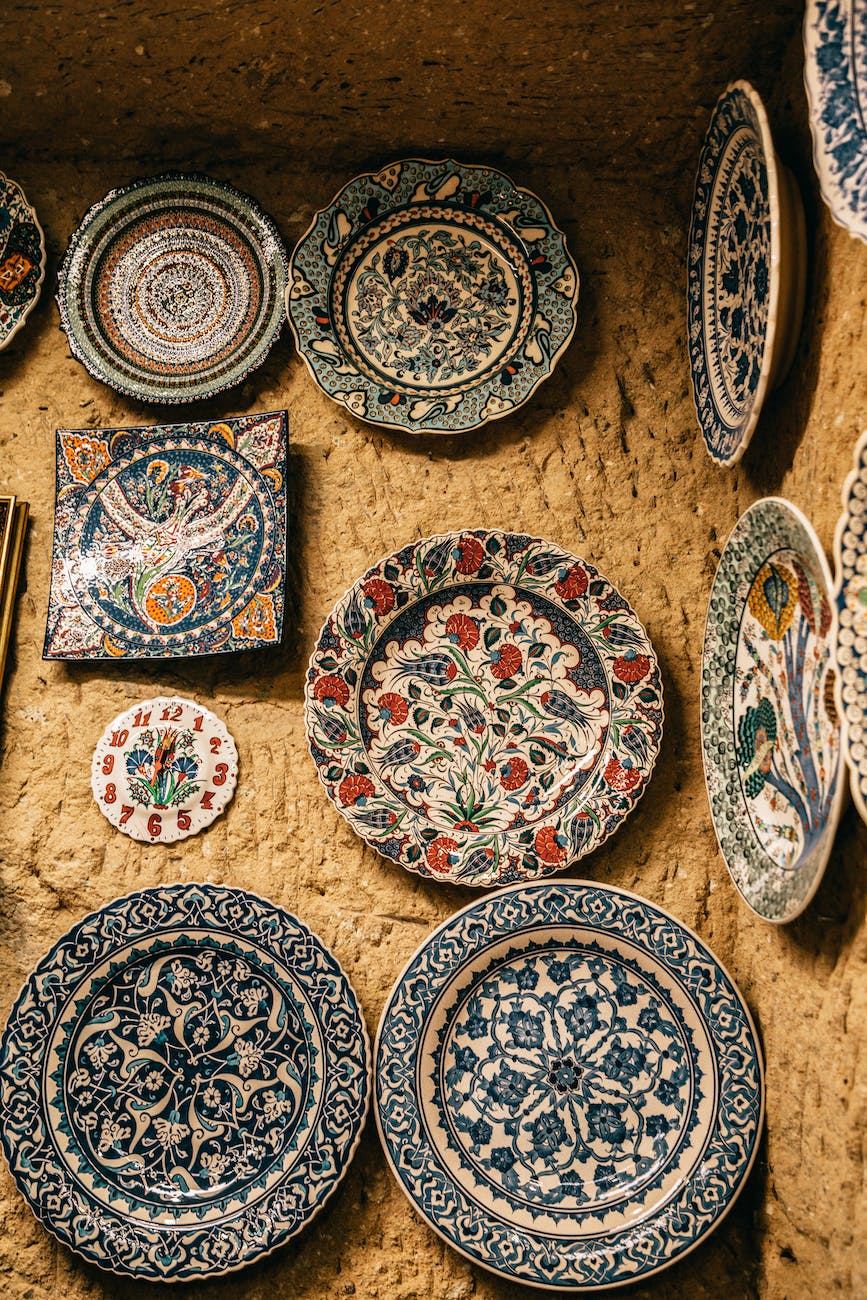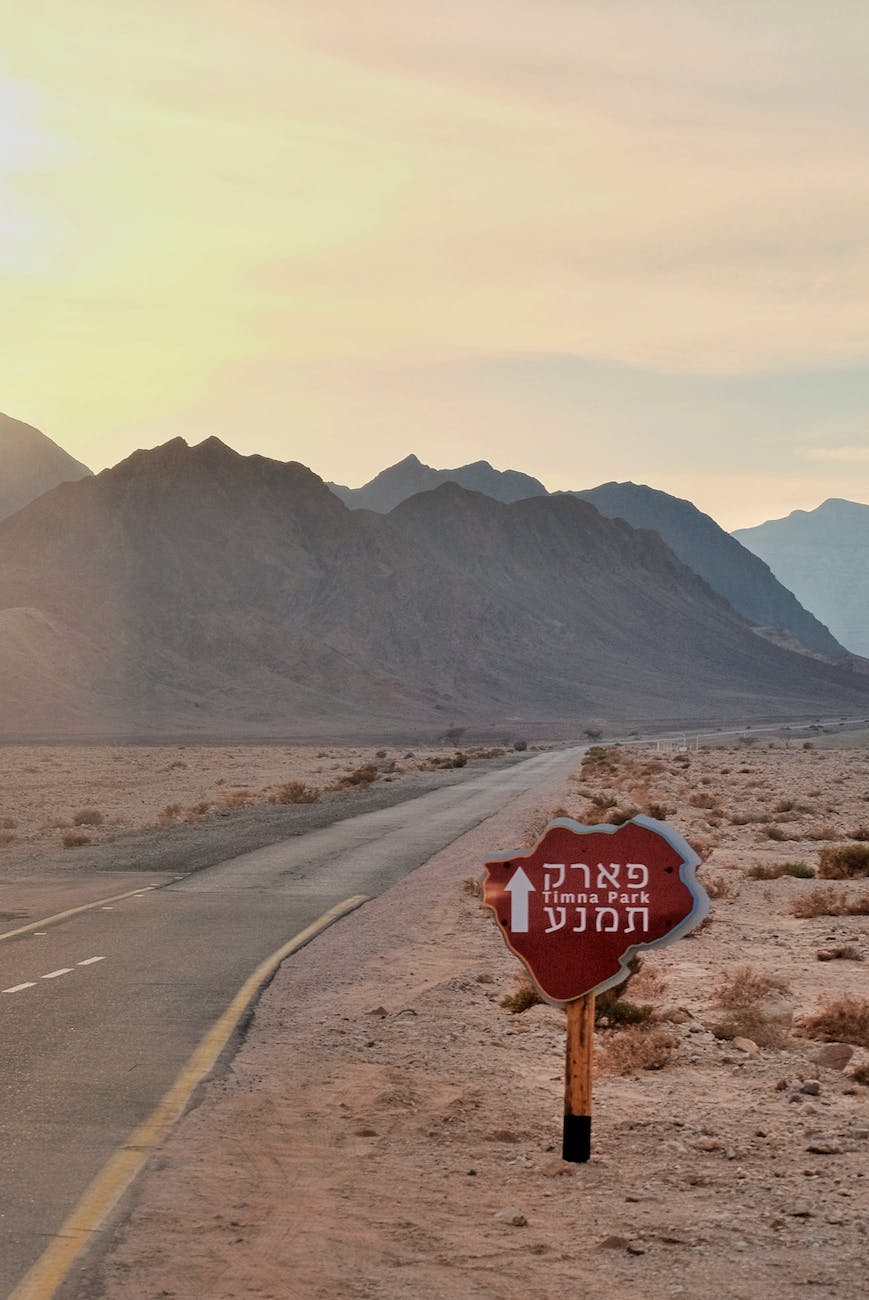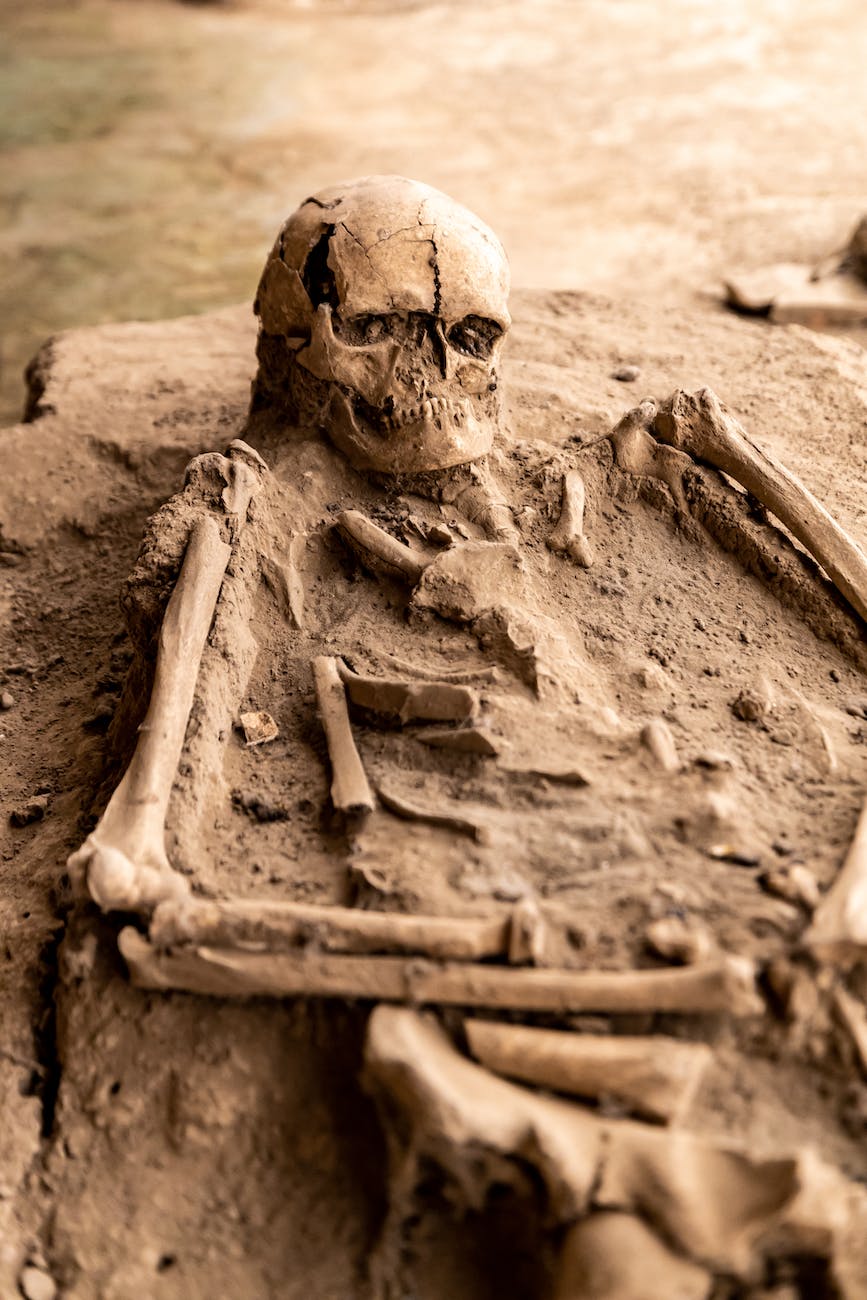
Overcoming discouragement: The Elijah Syndrome
1 Kings 18-19, 1 Kings 19:9-12, 1 Kings 15-16, 2 Kings 1-2
In 1 Kings we see the victorious bold Elijah and we see the opposite extreme when Elijah faced discouragement. The background comes from long years of drought in Israel. Elijah made a prophecy that there would be no dew or rain in Israel. This drought was extremely severe.
Now Elijah the Tishbite, from Tishbe in Gilead, said to Ahab, “As the Lord, the God of Israel, lives, whom I serve, there will be neither dew nor rain in the next few years except at my word.” (1 Kings 17:1)
Because of the prophecy Elijah was a wanted man. The King, Ahab hunted for Elijah but was unsuccessful to find him and kill him. When Elijah showed himself the King blamed Elijah for the drought when the blame was with the king himself. The drought was the result of King Ahab forsaking the Lord and following Baal gods.
Then came the famous showdown at Mount Carmel between Elijah and 950 prophets. There were 450 prophets of Baal and 400 prophets of Asherah.
Now summon the people from all over Israel to meet me on Mount Carmel. And bring the four hundred and fifty prophets of Baal and the four hundred prophets of Asherah, who eat at Jezebel’s table.” (1 Kings 18:19)
When the showdown began the people said nothing in support of Elijah. Elijah asked them how long they would waver between two options.
Elijah went before the people and said, “How long will you waver between two opinions? If the Lord is God, follow him; but if Baal is God, follow him.” But the people said nothing. 22 Then Elijah said to them, “I am the only one of the Lord’s prophets left, but Baal has four hundred and fifty prophets. (1 Kings 18:21-22)
Elijah was already showing an indication that discouragement was coming. He already was missing the big picture. In his moment of discouragement, he said he was the only prophet. Elijah was not seeing the whole picture. Elijah saw only the negative when he was discouraged. Yes, Ahab was a wicked king, but Obadiah was in charge of Ahab’s palace and Obadiah was a devout believer.
(Obadiah was a devout believer in the Lord. 4 While Jezebel was killing off the Lord’s prophets, Obadiah had taken a hundred prophets and hidden them in two caves, fifty in each, and had supplied them with food and water.) (1 Kings 18:3-4)
There was going to be a clear choice. There were two altars. There were two offerings. The result would be proved by fire. The Baal gods did not answer, even when the Baal prophets cut themselves to call them to respond. There was absolutely no response from the Baal gods, who it became evident were useless.
Elijah poured water on the alter many times. It left no doubt that Almighty God is all powerful. Fire fell and consumed the sacrifice. The people who had been before silent fell on their face before God.
Then the fire of the Lord fell and burned up the sacrifice, the wood, the stones and the soil, and also licked up the water in the trench. 39 When all the people saw this, they fell prostrate and cried, “The Lord—he is God! The Lord—he is God!” (1 Kings 38-39)
The people were transformed when they saw and experienced the power of God. There was no room for doubting the hand of the Lord. Everyone saw the power of God. At this Elijah commanded them to seize the prophets of Baal and killed them with the sword.
Still the rain had not come. Elijah went to the top of Mount Carmel and prayed. His prayer posture was to bend down on the ground with his head between his knees. He asked his servant to look toward the sea. There is nothing came the reply. Elijah prayed and prayed, and seven times asked if there is any sign of rain. On the seventh time there was a small cloud rising on the sea.
The heavy rain came. Ahab went to Jezreel by chariot and the power of the Lord came upon Elijah and he ran a marathon in record time, reaching Jezreel before Ahab. Jezebel the wife of Ahab heard what happened and vowed that by this time the next day Elijah would be killed the same way he killed the Baal prophets.
After the bold confrontation and his experience with a miracle and experiencing the power of God and answered prayer Elijah was afraid and ran for his life. Elijah said, “ I have had enough. Take my life Lord.” He fell asleep and an angel touched him, woke him up and prepared food to strengthen him. Elijah traveled forty days and forty nights until he reached Mount Horeb the place where Moses encountered God and received the ten commandments.
At Mount Horeb the Lord asked Elijah, “What are you doing here?” Elijah replied, “I am left alone”.
Discouragement can come at any time. There is a certain discouragement that comes after seeing the power of God. There is the experience of feeling all alone when we reach the place of discouragement. Elijah was to stand on the Mountain and the Lord would pass by him.
The Lord said, “Go out and stand on the mountain in the presence of the Lord, for the Lord is about to pass by.” Then a great and powerful wind tore the mountains apart and shattered the rocks before the Lord, but the Lord was not in the wind. After the wind there was an earthquake, but the Lord was not in the earthquake. (1 Kings 19:11)
The wind ripped the rocks apart. The earthquake shook the place. The Lord was not in the powerful wind or the earthquake. Then came the fire. The Lord was not in the fire either.
After the earthquake came a fire, but the Lord was not in the fire. And after the fire came a gentle whisper. (1 Kings 19:12)
The Lord was in the gentle whisper. Elijah thought he was all alone. The Lord had Obadiah in the palace of Ahab and Jezebel. The Lord had one hundred prophets hidden in a cave. Now Elijah finds out there are 7,000 faithful to the Lord God that Elijah did not know about.
Elijah had experienced the power of God. He just experienced one of the most powerful miracles of the Bible. Now in his discouragement he did not need God to speak in the powerful wind, earthquake or fire. The still small voice is what Elijah needed.
I was in Asia and just received word about an assessment of the status of the church. I was informed that the assessment was coming back to lead us to a conclusion the gospel had not spread anywhere near what we had assumed. I was discouraged and began to wonder if this area was not seeing the growth of the church among the unreached than was there anywhere where there was spread of the gospel like we see in the book of Acts.
I was in a 23 story hotel when I was discouraged at the call I received. I waited for the elevator to go to my room but every time the elevator was full. Someone explained why the elevator was so full. There was a Christian youth conference in this city in Asia and all the young people were using this hotel. I was discouraged there were no Christians, and I was surrounded by hoards of them. I had no idea. Elijah did not know there was 7,000 who had not bowed the knee to Baal. He could not see past his own discouragement.
It was the still small voice of God that returned Elijah back to his most powerful prophet self again. Elijah was given a new vision and a renewed zeal for his ministry. He would be appointing Elisha as his successor.
In second kings 1:10 we read he called fire from the sky to consume 50 soldiers who confronted him then another 50 were killed by fire falling from the sky in verse 12. Elijah told the new king of Israel, Ahaziah who replaced Ahab that he would die for consulting false gods, and at this word from Elijah he suddenly died. (2 Kings 1:16)
The powerful man of God, Elijah took his cloak and hit the Jordan river with his cloak. The water parted and he and Elisha walked across the Jordan on dry ground (2 Kings 2:8). After they crossed the Jordan a chariot of fire came and took Elijah to heaven in a whirlwind (2 Kings 2:11).
When Elijah departed Elisha had the spirit of Elijah. Elisha took the cloak of Elijah struck the water and again it divided. The prophets searched for Elijah but never found him. We do not hear from Elijah again until He appeared along with Moses when Jesus transfigured in radiant glory (Matthew 17:1–8, Mark 9:2–8, Luke 9:28–36).
It is not uncommon to go from the mountaintop experience to a discouraged low. For youth we call this the after camp spiritual dive. But it is not limited to youth. It happened to the greatest prophet, Elijah.
For a book on listening to God you should read the little booklet God Guides (order here: God Guides by Mary Geegh – Listening to God for His Guidance (god-guides.com)
Let me give you the description from the book here: “While serving as a missionary, Mary Geegh learned the practice of “Listening to God” for his guidance during her daily quiet times. This book is a compilation of her journal entries and gives evidence that God has the answers to all of life’s circumstances. Her foundational belief is that, “Where God Guides, He Provides” trusting that everything can be taken to the Lord for his direct answers. This book can be used as a daily devotional or for Bible study.”
Are you discouraged? Listen for the gentle whisper of the Lord. Elijah was transformed by the still small voice of God. You can be too.


















Your Insights and Comments